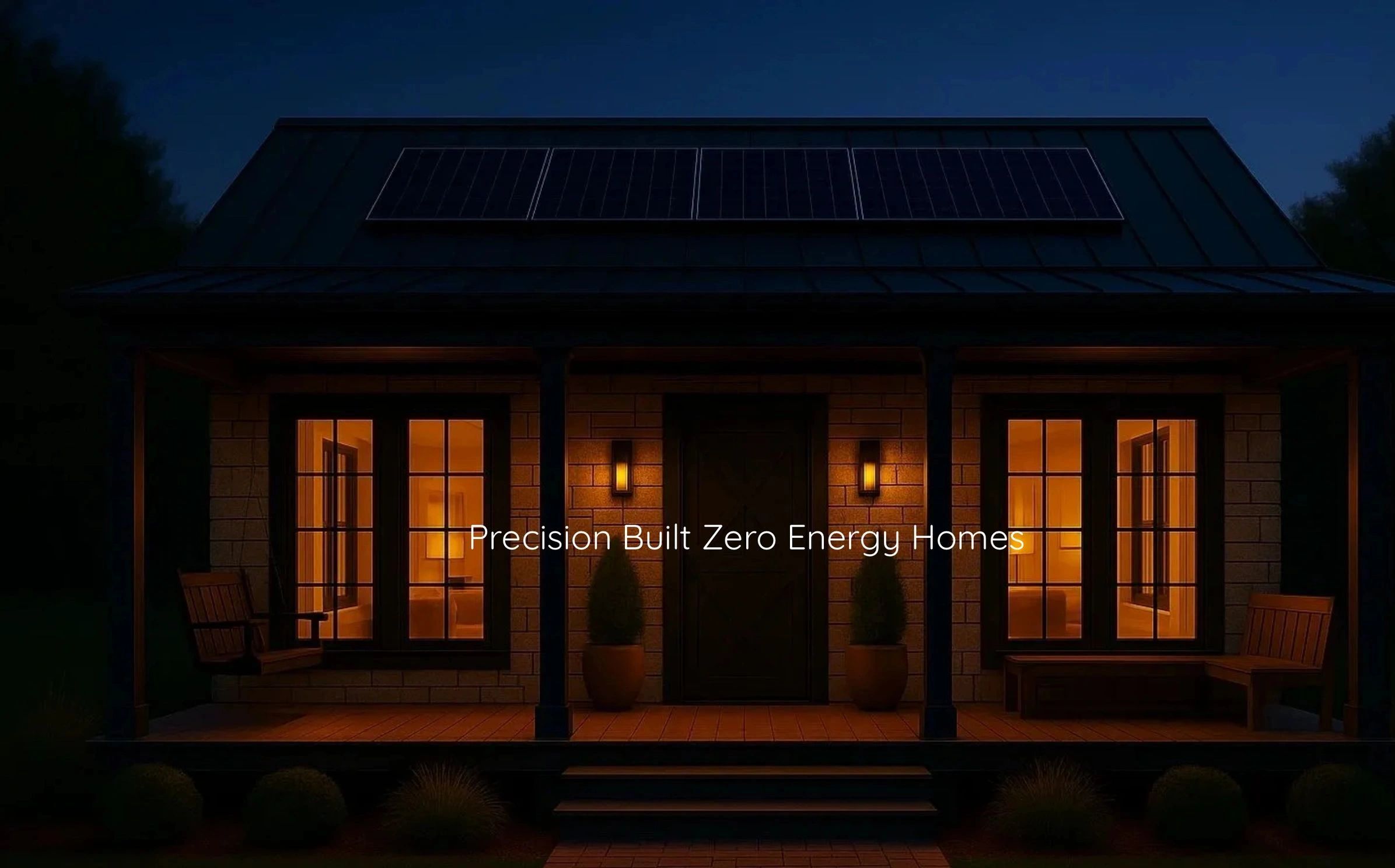THE SMALL TOWNS OF TEXAS
THE MISSION TO REVITALIZE RURAL COMMUNITIES
THE SMALL TOWNS OF TEXAS
THE MISSION TO REVITALIZE RURAL COMMUNITIES
Signed in as:
filler@godaddy.com
THE MISSION TO REVITALIZE RURAL COMMUNITIES
THE MISSION TO REVITALIZE RURAL COMMUNITIES

Small towns in Texas are where tradition meets opportunity, offering a close-knit community, affordable living, and a deep connection to Texas heritage. With modern advancements in technology, infrastructure, and sustainability, these towns are evolving while preserving their charm.

There was a time when small towns were the heart of America. Where kids rode their bikes down Main Street, neighbors waved from front porches, and the local diner knew your order before you sat down. It was a place where life felt simpler—not because there was less to do, but because the things that mattered most were always close at hand.
And then, somewhere along the way, the world told us that prosperity only existed in the big cities. That the future belonged to those willing to chase the skyline. That small towns were relics of the past, too quiet, too distant, too outdated to thrive in a modern world.
But the truth is, those small towns never lost what made them special. They were just waiting for the world to come back to them.
The Small Town Revitalization Initiative
A Partnership Between Texas A&M Community Engagement, Mays Business School & Quantum America

In an era where work is no longer confined to urban centers, the opportunities for revitalizing America’s Small Towns have never been greater. Texas A&M’s Community Engagement, the Mays Business School, and Quantum America are joining forces to launch a transformative initiative aimed at re-energy, water, technology, safety, and education needed to restore economic vitality and create vibrant communities where people can live, work, and thrive.
With a branding campaign centered around nostalgia, community pride, and modern opportunity, we seek to change the perception of rural America by showcasing the advantages of Small Town living in today’s world.

The world of work has changed. The days when career success was tied to a corporate office in a big city are fading, replaced by a new reality: you can work from anywhere. Technology has untethered professionals from urban high-rises, giving them the freedom to live where they choose—not where their job dictates. For many, this means the chance to return to something lost in the rush of modern life: the charm, connection, and slower pace of a small town.
Imagine waking up in a place where the air is fresh, traffic is nonexistent, and your morning commute is just a short walk to a home office or a co-working space downtown. Where your lunch break includes a quick trip to the local café—not a race through a crowded subway. Where neighbors know each other by name, and the cost of living allows for a life of greater financial freedom. This isn’t a nostalgic dream—it’s a new reality, made possible by high-speed internet, smart technology, and the changing landscape of work.
Small towns today are re-energizing, embracing the opportunities of the digital age while holding onto the values that make them special. With expanding broadband, affordable housing, revitalized main streets, and new job opportunities, these communities are becoming destinations for entrepreneurs, remote workers, and families seeking a better balance between career and quality of life. Whether you’re a tech startup founder, a creative freelancer, or a corporate professional who can work from anywhere, small towns offer something that cities often cannot: space, affordability, and a true sense of community.
For decades, people moved to big cities in search of opportunity. But now, opportunity is moving to small towns. The choice is simple: if you can work from anywhere, why not work from somewhere that feels like home?
Copyright © 2026 QUANTUM AMERICA - All Rights Reserved.
Powered By Texas A&M Community Engagement